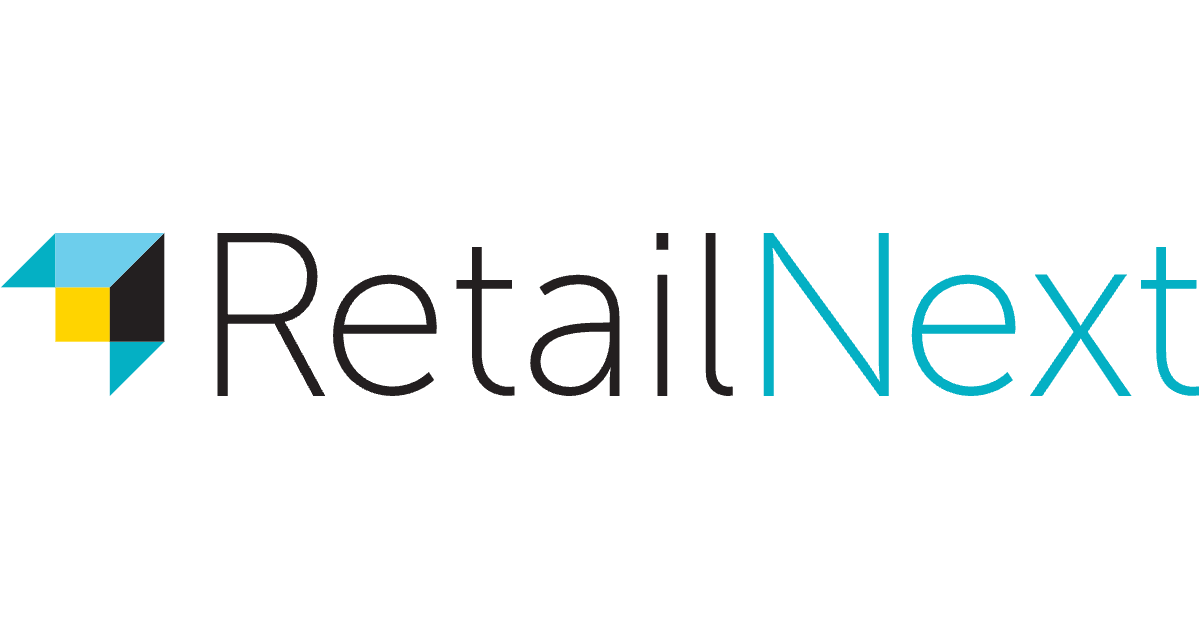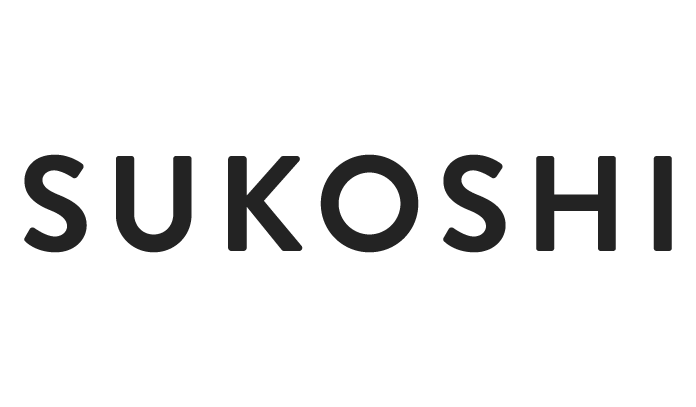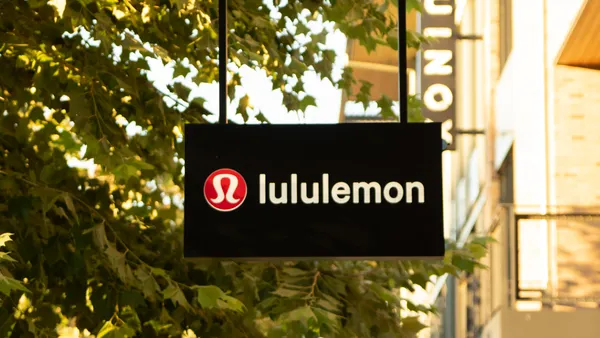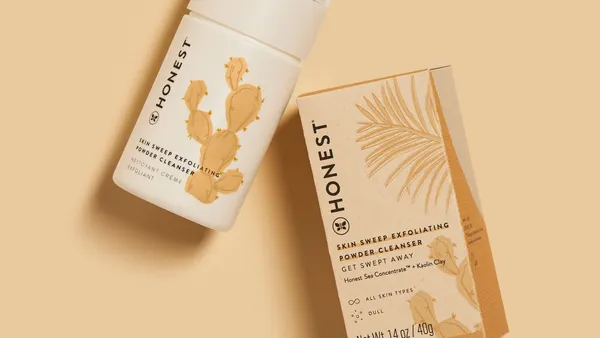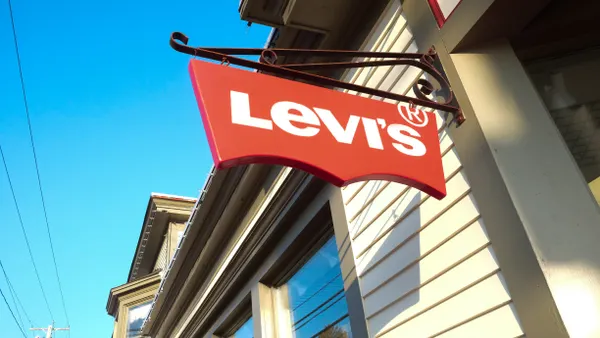Dive Brief:
-
Amazon, via its Amazon Technologies unit, filed a trademark application for prepared food kits on July 6, according to a listing from legal information site Justia. A similar application was also filed by Amazon in April, according to Justia. A request for comment to Amazon wasn’t immediately returned.
-
The application, according to Justia, is for “prepared food kits composed of meat, poultry, fish, seafood, fruit and/or vegetables and also including sauces or seasonings, ready for cooking and assembly as a meal; Frozen, prepared and packaged meals consisting of meat, poultry, fish, seafood, fruit and/or vegetables; fruit salads and vegetable salads; soups and preparations for making soups."
-
The news follows the March launch of Martha Stewart’s “Martha & Marley Spoon through AmazonFresh,” where AmazonFresh customers in New York, San Francisco, Dallas and Philadelphia can purchase a Martha & Marley Spoon meal kit that includes the ingredients for a two-person meal.
Dive Insight:
This long-rumored news is a blow to Blue Apron, which even after its June initial public offering has been marketing furiously to acquire new customers. Blue Apron’s stock has fallen precipitously since its IPO despite the company’s slashing of its initial share price, a development widely blamed on Amazon’s Whole Foods announcement.
Jim Fosina, Founder and CEO at Fosina Marketing Group, says that Amazon’s trademark application is an indication that the company likely has some "special sauce" it's seeking to protect from its competition.
Beyond that, though, it’s clear that Amazon is expanding to this area because it sees even further potential in people shopping from home rather than at stores, he said. “This move further reinforces the power of direct-to-consumer and in-home subscription services. We are seeing this across the board,” he told Retail Dive in an email. “More companies are working on strategies to develop subscription like programs and initiatives.”
And Amazon, the greatest disruptor in that space, is in it to win. “Think about how many retail in-home purchasing customers the company already has in their customer database,” Fosina said. “Tens of millions! Now they go back to this base with a new opportunity to help their customers do a better job of taking time away from the challenge of preparing daily meals. …and Amazon knows how to market.”
While the effort could boost Amazon's grocery business and challenge Blue Apron, it could also hamper Martha Stewart’s Amazon-affiliated service. Meal kit delivery could be the latest example of Amazon going on to provide its own version of a well-performing product or service to compete with those outside sellers on its marketplace. Amazon has developed a reputation for doing just that with a variety of brands.
When Gap CEO Art Peck earlier this year said that Gap should consider selling on Amazon, Sucharita Mulpuru, retail industry analyst formerly of Forrester Research, told Retail Dive in an email that, “selling on Amazon is letting the fox in the hen house." While it may seem as if nearly all apparel brands will eventually need to sell on Amazon to reach a wider audience, Mulpuru said, "There's no good that will come of it. Target and Costco have less of a reputation for cannibalizing suppliers."
Aside from the Amazon Fresh-Martha tie-up, Amazon sells ready-to-go meals from other companies, including Tyson Foods. Eventually such an effort could also be quickly expanded via Amazon’s proposed Whole Foods acquisition. Though Whole Foods isn’t in the meal kit delivery game itself, it does a decent prepared food business and most stores are equipped with their own kitchens.








